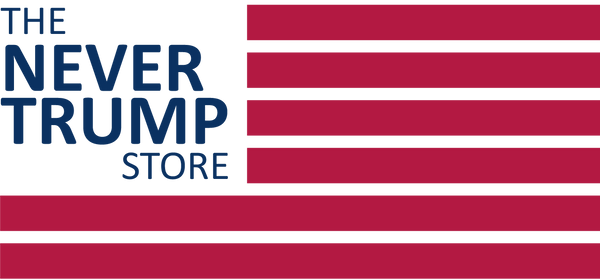As former President Donald Trump faces a possible conviction this week in a New York courtroom, comparisons have been drawn between the hush money case against him and former President Bill Clinton's settlement in the Paula Jones case. While at first glance these situations may seem similar, a closer examination reveals significant differences in the nature and context of the payments involved.
Donald Trump's Hush Money Case
Donald Trump is facing legal scrutiny over alleged hush money payments made to adult film actress Stormy Daniels and former Playboy model Karen McDougal. These payments, made during the 2016 presidential campaign, were intended to silence claims of extramarital affairs. The controversy centers on whether these payments constituted illegal campaign contributions designed to influence the outcome of the election. Trump's former lawyer, Michael Cohen, pleaded guilty to campaign finance violations related to these payments, implicating Trump as having directed the scheme .
Bill Clinton and the Paula Jones Settlement
In contrast, Bill Clinton's case with Paula Jones involved a public settlement rather than clandestine payments. Paula Jones sued Clinton for sexual harassment, and in 1998, Clinton agreed to an $850,000 settlement without admitting guilt. This settlement was public and part of a civil lawsuit, not intended to influence an election or be kept secret from the public or the authorities . The nature of Clinton’s payment was a legal resolution to a civil dispute, not a hush money transaction designed to prevent damaging information from reaching voters.
Key Differences
1) Nature of Payments: The payments in Trump's case were made secretly to prevent allegations from surfacing during an election campaign, raising potential campaign finance law violations. Clinton's settlement was a public resolution of a civil lawsuit.
2) Legal Implications: Trump's payments have led to criminal investigations and charges related to campaign finance violations. Clinton's settlement, while controversial, did not result in similar legal challenges because it was handled within the civil legal system and did not involve allegations of campaign finance misconduct.
3) Context and Intent: The intent behind Trump's payments was to influence the 2016 election by concealing potentially damaging information. Clinton's settlement aimed to resolve a long-standing legal dispute, with no direct implications for his re-election campaign, which had concluded years earlier.
Conclusion
While both cases involve significant financial transactions related to allegations of misconduct, the fundamental differences lie in the intent, context, and legal implications of the payments. Trump's hush money payments were made to silence accusations during a critical election period, raising serious legal questions about campaign finance laws. In contrast, Clinton's payment to Paula Jones was a public settlement to resolve a civil lawsuit, lacking the clandestine and politically charged nature of Trump's actions.
For more detailed information, you can refer to the original sources: AP News, ABC News, Yahoo News, and Verify This.
